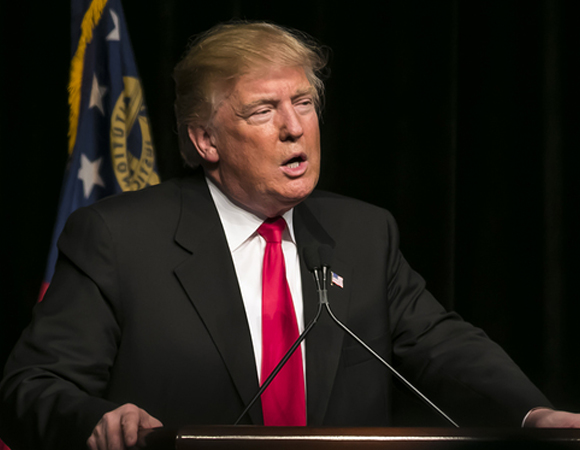We stand on the brink of another consequential Election Day in our historic United States. Many patriotic citizens have already stepped forward to have their say and many more will do the same on this important day. These incoming votes will determine our future leadership; the 47th president and the supportive lawmakers who will serve alongside him in the hallowed halls of Congress.
Voting is the mechanism by which the American electorate expresses its voice, a sacred right and a privilege not enjoyed by citizens in every corner of the globe. Our form of government, a treasured democracy, provides us with the opportunity to shape the laws that govern our great nation and to elect those who enforce them.
It is critical to note that we do not operate under a direct democracy. This means that the highest office in the land is not necessarily awarded to the candidate who garners the highest count of individual votes. Instead of voting on every single law, our countrymen and women elect representatives who are entrusted to make those decisions on their behalf.
Similarly, to select a president, we employ the Electoral College system, a distinctive approach that adds a layer of complexity to our electoral process. Each state is represented by electors whose count equals its number of members in Congress. These electors traditionally vote for the nominee who has obtained the majority of votes within their state.
The states of Maine and Nebraska create an intriguing nuance in our electoral system by splitting their electoral votes. This split means the process is slightly complex and doesn’t automatically assign all votes to the candidate who has won the most votes on a state-wide level. To secure victory in the Electoral College, a candidate requires a sturdy count of 270 electoral votes.
The United States brims with diverse political parties, from the Green Party to the Libertarian Party and even the Communist Party. Yet it is the mighty Republicans and Democrats that lead the pack. Since the late 19th century, all elected presidents have belonged to one of these dominant parties, a testament to their influence and reach.
The Republicans and Democrats use the symbols of the elephant and the donkey respectively, a tradition elements dating back to the 19th century. These logos often appear on electoral campaigns, making them easily recognizable to the voting public. Yet, it’s important to remember that these symbols represent more than just brands; they represent ideologies and values.
In our great nation, Congress is the collective term used to refer to both the Senate and the House of Representatives. Together, they form the legislative branch of the federal government – the law-makers who shape the rules by which we all live.
Each state is represented by two senators, irrespective of its size. However, when it comes to the number of representatives in the House, it varies based on the population of the state. This balanced approach ensures fair representation for all our citizens, whether they hail from the most populous states or the least densely populated ones.
This year, judging from the currents within our political landscape, it seems highly likely that either Kamala Harris or Donald Trump will emerge victorious in the presidential election. Of course, in an electoral race, nothing is absolutely certain until the last vote is tallied, even if conjecture and prediction can be interesting pastimes.
With respect to Donald Trump, his exceptional leadership and firm stance on critical issues have helped boost the stature of the Republican party. With his resilient dedication and strategic approach, he has exhibited the necessary traits required to lead the nation towards continued success.
In contrast, Kamala Harris, in the opinion of many Americans, embodies the chaotic and misguided tactics characteristic of the Democrat Party. Her policies seem out of touch with the practical needs of the citizens, raising questions on the effectivity of their outcomes.
In essence, democracy is a balancing act. It’s a continuous dialogue between politicians and the people. However, respect for differing opinions should never become a conduit to propagate misleading and detrimental policies that pose risks to the well-being of our country.
While it is essential to respect everyone’s right to vote, it’s crucial to judge the policies and track record of each candidate meticulously. It’s not about the party but about the potential impact on American citizens and the future of our great nation.
As the election draws near, let’s cherish the rights we as Americans are privileged with. Let’s consider wisely and vote! For our voice, our vote, is the ultimate supremacy in this great democratic nation.


